Aisha Babangida: Another Beautiful Year for the Humanitarian
The present world is one in which quiet power often hums louder than noise. But in this same world, Aisha Babangida has mastered the art of doing much and saying little. With her birthday pinned today, Sunday, May 25, there’s something both poetic and purposeful about the life she leads: a humanitarian whose compass points steadily toward the underserved, the unseen, and the uncelebrated.
Born into one of Nigeria’s most recognizable families, Aisha could have easily chosen the ceremonial life of a socialite. Instead, she inherited her late mother’s conviction like a well-worn heirloom and refashioned it for her own generation. As Chairperson of the Better Life Program for the African Rural Woman, she took a legacy rooted in compassion and scaled it for impact—regionally, financially, and structurally.
But Aisha is no curator of nostalgia. She is a builder.
Since 2016, she has seeded change with the founding of the Egwafin Microfinance Bank, offering financial access to those for whom traditional banking remains a locked door. In 2018, she launched the Women Enterprise Alliance, a bold platform connecting female entrepreneurs to capital and mentorship in a market that often asks women to bootstrap without boots.
And there’s more: the Tasnim Foundation, quietly paying tuition for girls in rural villages; the Aisha Babangida Leadership Foundation, training tomorrow’s leaders today. These aren’t token gestures. They are system-level nudges disguised as kindness.
Her worldview is global—Webster University Geneva, Wharton, INSEAD—but her heartbeat is local. She speaks of microfinance, not as a concept but as a justice tool. She doesn’t simply empower women, she alters the architecture of access.
So, yes, it’s her birthday. But in a country aching for doers, it feels like a celebration for all of us. Her honours—the Crans Montana Gold Medal, Youth Mentorship Awards, and more—are less about prestige and more about proof.
Another beautiful year in the bag? Certainly. But for Aisha, the work is always ahead, never behind.
You may also like...
The Names We Carry: Why Africa’s Many-Name Tradition Shouldn’t Be Left Behind
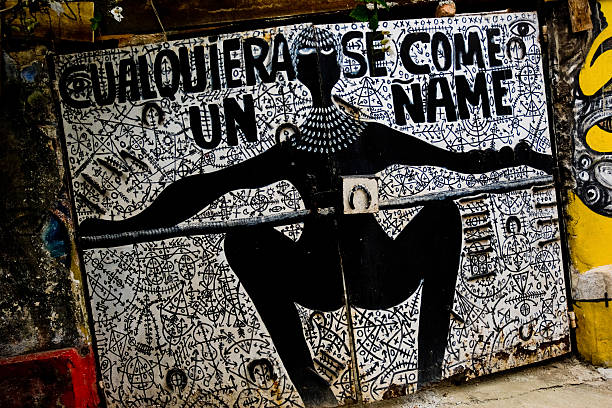
"In many African communities, a child's birth is marked with a cascade of names that serve as fingerprints of identity, ...
WHY CULTURAL APPROPRIATION ISN’T ALWAYS OFFENSIVE
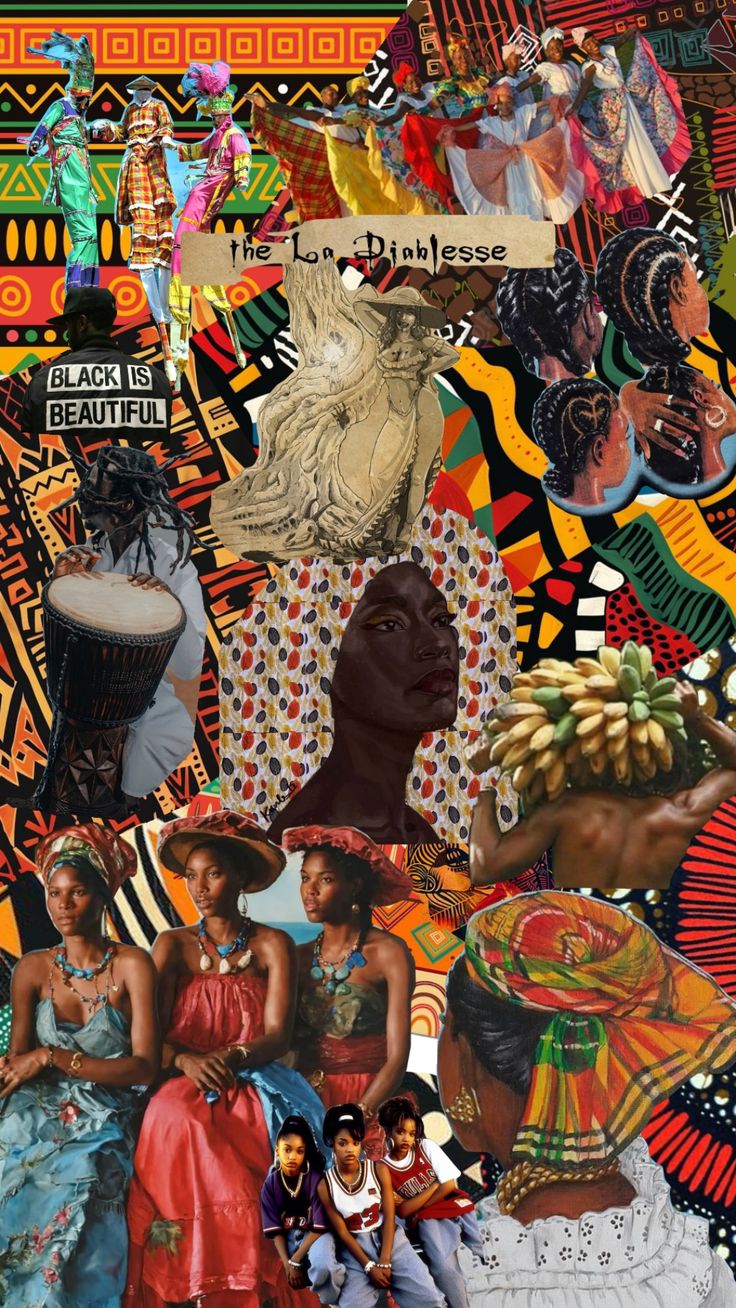
In a world of global fusion, is every act of cultural borrowing theft—or can it be respect? This thought-provoking essay...
Africa’s Health Revolution: How a New Generation is Redefining Global Wellness from the Ground Up

Move beyond the headlines of health challenges. Discover how African youth and innovators are using technology, traditio...
Kwame Nkrumah: The Visionary Who Dreamed of a United Africa
(13).jpeg)
Discover the powerful legacy of Kwame Nkrumah, Ghana’s first president and a pioneer of Pan-Africanism, whose vision for...
Meet the Theremin: The Weirdest Instrument You’ve Never Heard Of

From sci-fi movies to African studios? Meet the theremin—a touchless, ghostly instrument that’s making its way into Afri...
Who Told You Afro Hair Isn’t Formal?
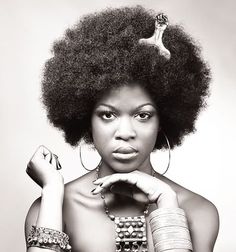
Afro hair is still widely seen as unprofessional or “unfinished” in African society. But who decided that coils, kinks, ...
1986 Cameroonian Disaster : The Deadly Cloud that Killed Thousands Overnight
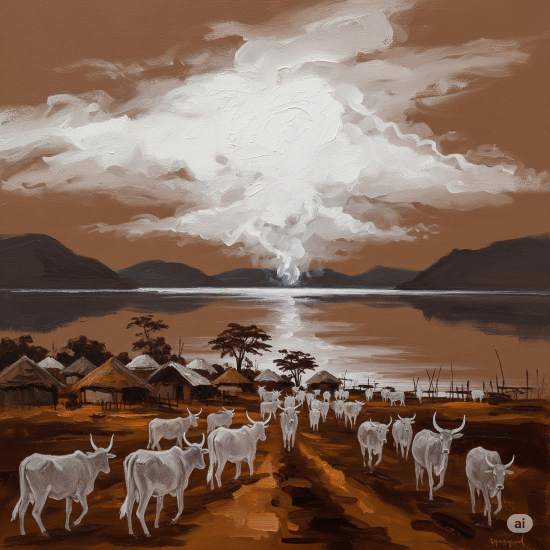
Like a thief in the night, a silent cloud rose from Lake Nyos in Cameroon, and stole nearly two thousand souls without a...
How a New Generation is Redefining Global Wellness from the Ground Up
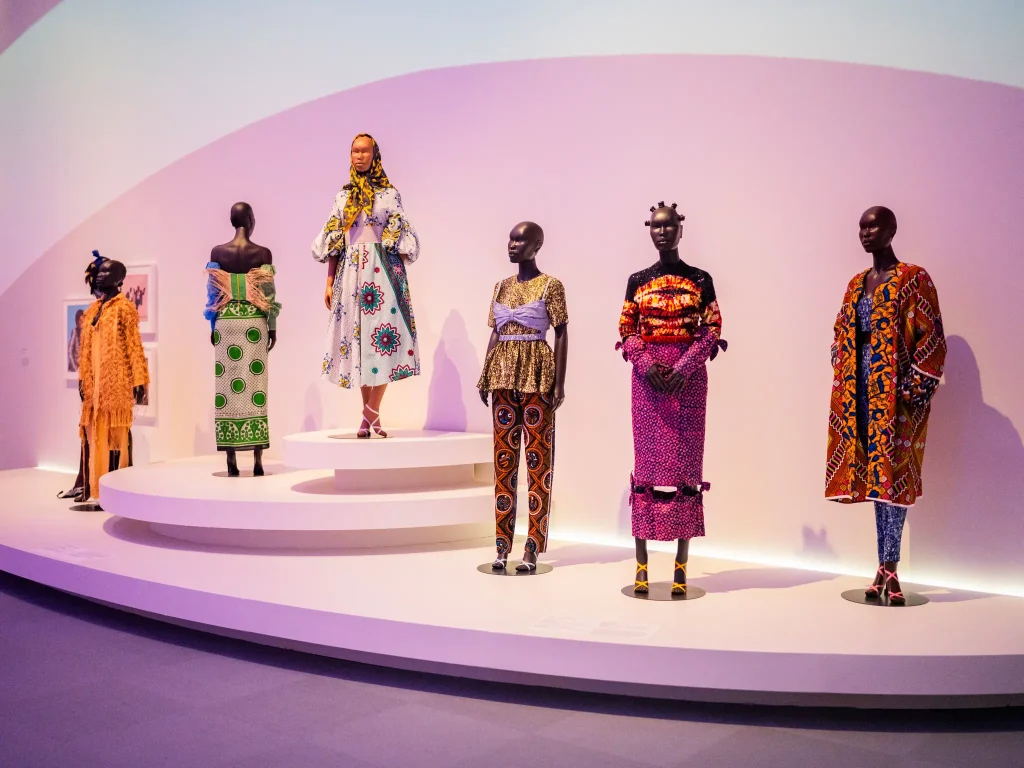
Forget fast fashion. Discover how African designers are leading a global revolution, using traditional textiles & innov...




